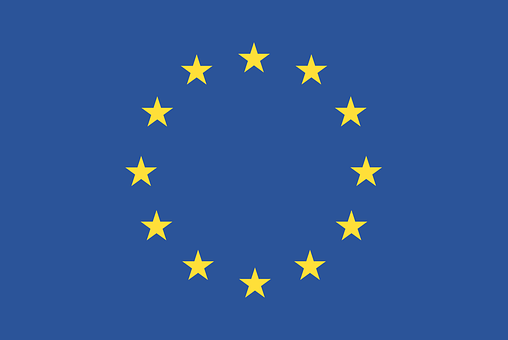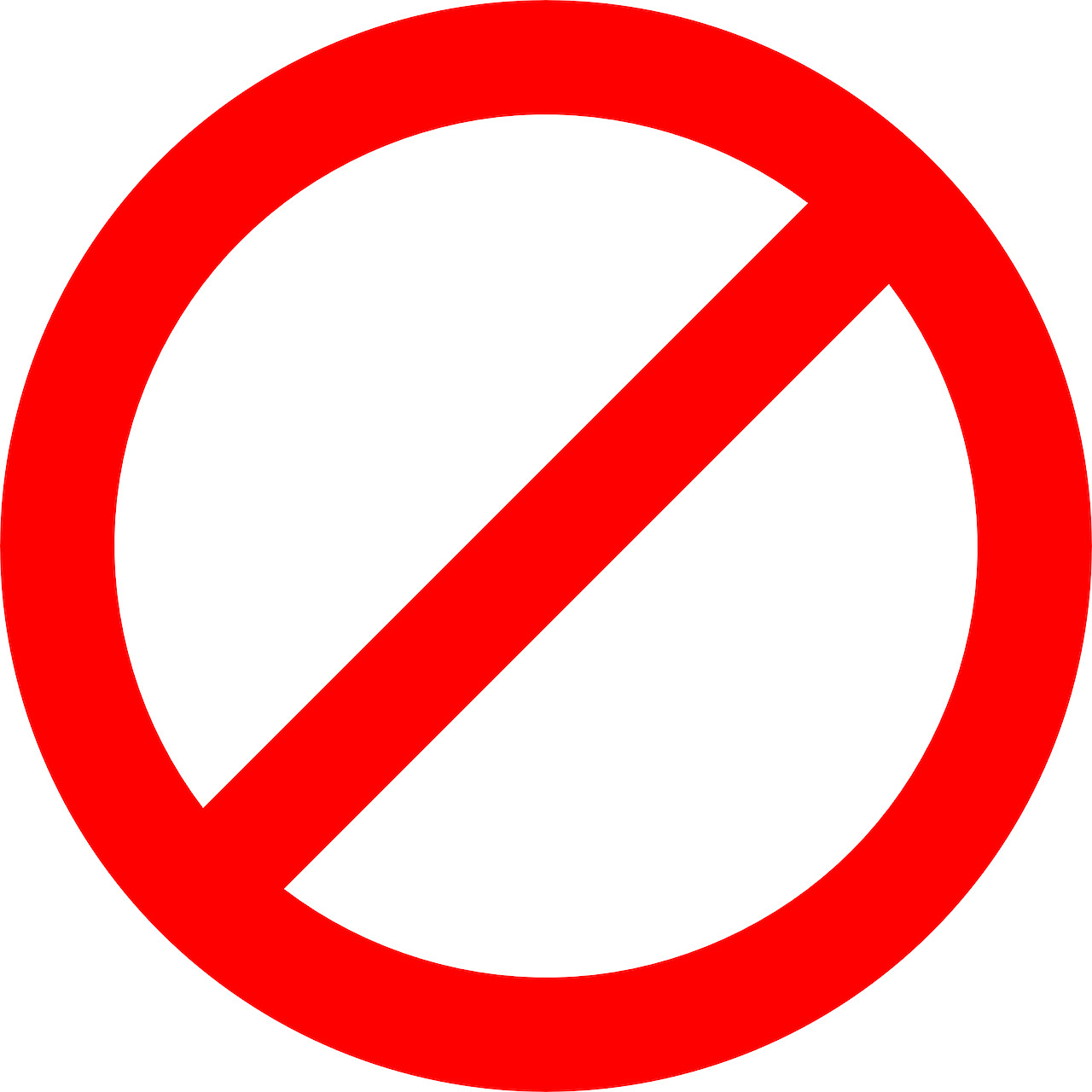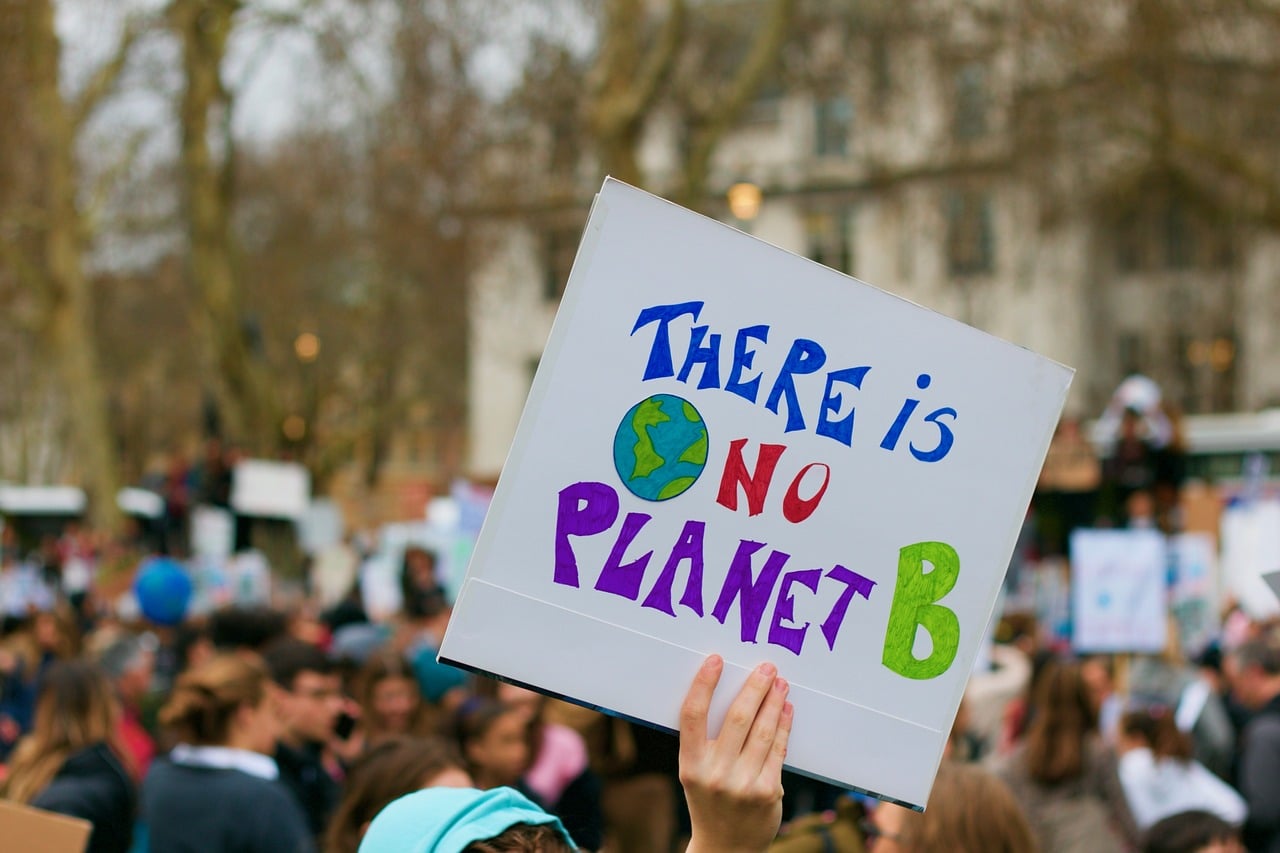France will vote against a proposal by the European Commission to renew the licence for glyphosate, the active ingredient in one of the world’s most widely used weedkillers, Monsanto’s Roundup, a government source said on Wednesday (30 August).
“France will vote against a re-authorisation of glyphosate for 10 years given the uncertainties that persist with regard to its dangerousness,” the source in the ecology and sustainable development ministry told AFP.
France could block obtaining the qualified majority of EU member states needed to renew the licence.
Glyphosate is the active ingredient in the best-selling herbicide Roundup produced by the US agro-chemicals giant Monsanto, but there have been concerns it may cause cancer.
Opponents of glyphosate, led by Greenpeace, point to research from the World Health Organisation that concludes it may be carcinogenic, and are calling for an outright ban.
But in March, the EU’s chemicals agency said glyphosate should not be classed as a carcinogen. And in May, a review carried out by experts from both the WHO and the UN Food and Agriculture Organisation said, “glyphosate is unlikely to pose a carcinogenic risk to humans from exposure through the diet”.
On the basis of that research, the European Commission proposed renewing the licence, which is scheduled to expire at the end of this year.
In May, the Commission decided to restart discussions with member states about a possible ten-year renewal of glyphosate’s licence.
Anca Paduraru, the Commission’s health spokesperson, told EURACTIV.com that the ten-year proposal is a “starting point” for the debate as the glyphosate issue is not a “routine case”.
In addition, Health Commissioner Vytenis Andriukaitis told EURACTIV, “I must be humble, I am not a scientific expert, but it seems to me that political opinions cannot outweigh broadly agreed scientific opinions.”
“As a doctor, I rely on science. Therefore, I will continue to base my decisions on science and on the rule of law,” the EU health chief emphasised.
The European Union is scheduled to vote on the matter at a meeting of a panel of experts on 4 October, and the opposition of France likely means there won’t be a sufficient majority in favour of renewing the licence.
In June, more than one million people signed a petition demanding the EU ban glyphosate.
The European Food Safety Authority (EFSA) said in November 2015 that glyphosate was unlikely to cause cancer in humans and proposed higher limits on the amount of residue of the weedkiller deemed safe for humans to consume.
The EFSA advises EU policymakers and its conclusion were expected to pave the way for the 28-member European Union to renew approval for glyphosate, which was brought into use by Monsanto in the 1970s and is used in its top selling product Roundup as well as in many other herbicides around the world.
Environmental groups have been calling for a ban after the International Agency for Research on Cancer (IARC), part of the World Health Organisation, said in March 2015 that glyphosate was “probably carcinogenic to humans”.
A campaign group said that 1.4 million people had signed a petition calling on the European Union to suspend glyphosate approval pending further assessment.
The EFSA said it had carried out a thorough analysis and taken account of the IARC’s findings. Greenpeace, for its part, called the EFSA’s report “a whitewash”.
Source: Euractiv












